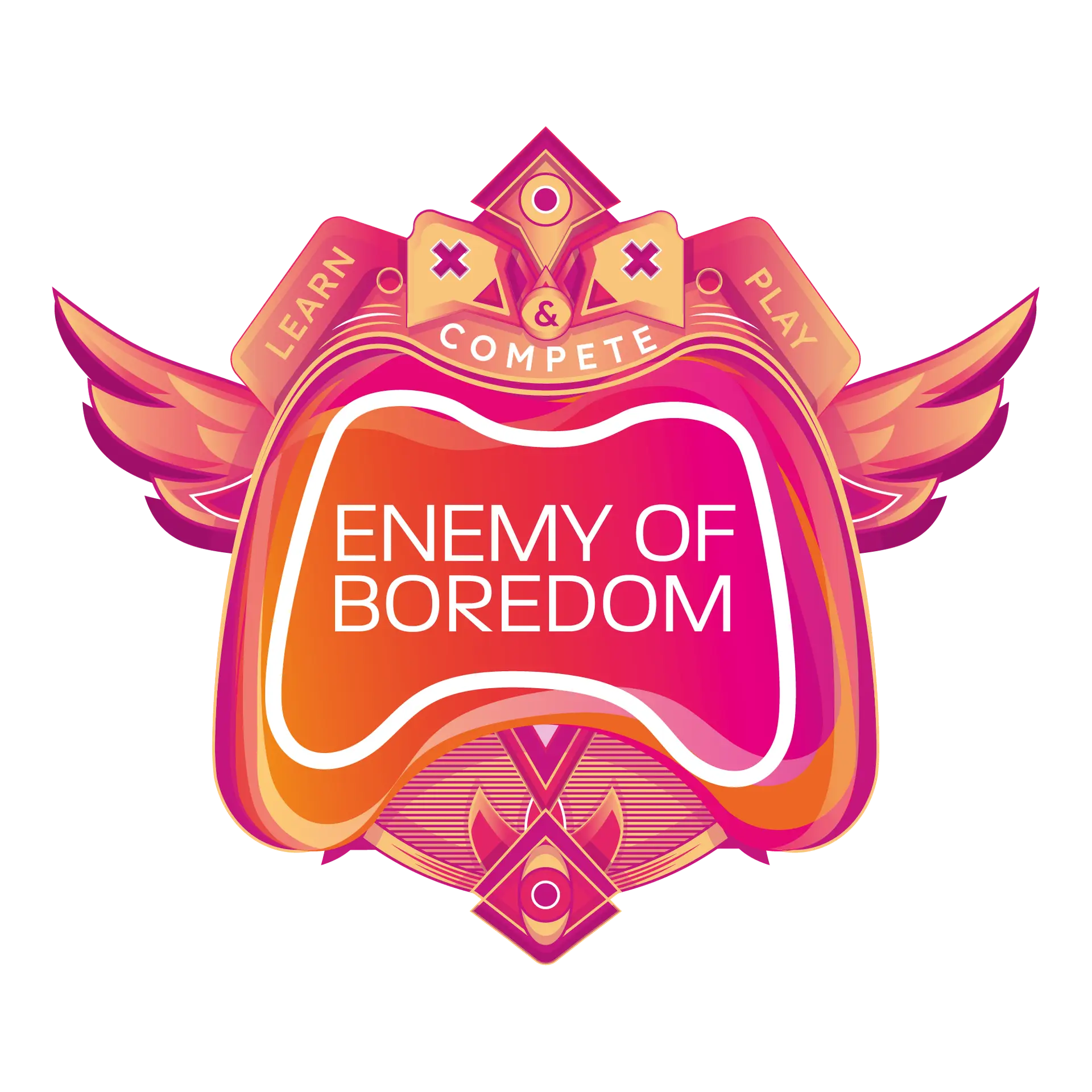Unlock Your Potential
History of Esports:
Esports is now the fastest growing sport in the world. But how did gaming go from the private and personal, to the worldwide competitive sport status? our history esports hopes to explain.
1972 – Game tournaments were common among friends, but the first recorded public video game competition was held at Stanford University, US, and featured the game Spacewar! (1962). The call for the tournament read:
“The first ‘Intergalactic spacewar Olympics’ will be held here, Wednesday 19 October, 2000 hours. First prize will be a year’s subscription to ‘Rolling Stone’.”
the histroy of esports in the 1980’s:
1980s – During this era, video games grew in popularity. Atari’s Space Invaders Championship, known as the first large scale gaming competition, capitalised on this popularity and attracted nearly 10,000 competitors. The scale of it brought reporters and coverage from the New York Times, bringing competitive gaming into the mainstream.
So much so that TV appearances saw a surge. Starcade (1981-84), for example, was a popular TV show that showcased people competing playing arcade games. The entertainment and spectator value cemented esports in mainstream media.
The history of esports included personalities and a celebrity culture also grew in the esports world, with Bill Mitchell the most notable name at the time for holding record high scores for games like Pac-man and Donkey Kong.
1990s – The first online sports game peaked (labelled by Wired Magazine). Although Netrek – a multiplayer (16) team combat and real-time strategy game – was created in 1988, it rose in popularity in the 90s due to the rise of internet connectivity.
histroy of esports in the 1990’s
Large scale esports tournaments grew as a consequence – Nintendo World Championships (US, 1990), Nintendo PowerFest ’94 (US, 1994), Cyberathlete Professional League (US, 1997), QuakeCon (US, 1996), and Professional Gamers League (Eastern Europe, 1997).
histroy of esports in the 2000’s
2000s – esports became a global phenomenon and the industry grew rapidly with the surge of technology.
South Korea established KeSPA, a government branch regulating esports, and hosted the World Cyber Games, US based ESL was founded and began hosting multiple large scale esports competitions globally; France founded Electronic Sports World Cup (2003) and the French channel Game One broadcast esports matches regularly; China held the World e-Sports Games (2004-10); UK channel XLEAGUE.TV broadcast esports competitions from 2007 to 2009; and CBS aired pre-recorded footage of the 2007 World Series of Video Games tournament.
histroy of esports beyond the 2000’s
2010s – Would esports be as big an industry without Twitch.tv? The live video streaming platform has become the ‘ESPN of esports’ since its creation in 2011. Born out of Justin.tv, the platform (now in partnership with Amazon) grew to cater to video gaming content online – providing a cheap and easy way to push live streams to millions of viewers with minimal lag.
Proof of Twitch.tv’s impact on esports is in the numbers. In October 2012, Twitch.tv had just over 20 million monthly visitors. In August 2013, the monthly traffic rose exponentially to over 45 million. And the most popular game streamed during that period (and to date)? None other than esports poster game League of Legends.
In 2015, it was estimated by SuperData Research that the global esports industry generated around $748.8 million that year, and could reach $1.9 billion by 2018.
Game developers usually added to the prize pot but sponsorships from PC retailers, energy drinks companies, and computer software entered the fray.
As of 2016, League of Legends awarded approximately $30 million within 1749 registered tournaments; and in addition to the prize money, Riot Games provides salaries for players within their League of Legends Championship Series.
WESA (World esports Association) was founded in 2016 by ESL and competitive teams across the globe to “become the global benchmark for industry-wide standards”.
The British Esports Association has recently taken to promoting the industry in schools with hopes to inspire new generations of gamers. Gamers, who through EOB Academy, can gain employability skills, confidence, and target their passion for gaming.





